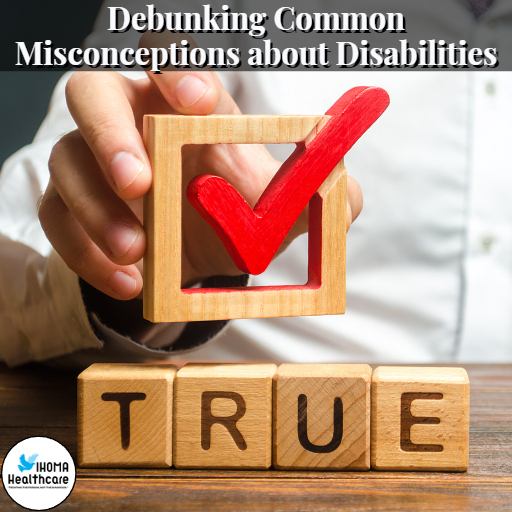
People with disabilities have faced stigma and discrimination for a long time. While things are slowly changing, there are still many misconceptions about disabilities that need to be addressed. Here are some of the most common misconceptions about disabilities and why they are not true.
Misconception #1: People with disabilities are unable to work.
Many people assume that people with disabilities cannot work or contribute to society. However, this is far from the truth. There are many successful people with disabilities who have made significant contributions to their fields. Some examples include physicist Stephen Hawking, musician Stevie Wonder, and actor Marlee Matlin.
Misconception #2: People with disabilities are not independent.
Another common misconception is that people with disabilities are not independent. However, many people with disabilities live on their own, work, and raise families. With the right accommodations and support, people with disabilities can lead fulfilling and independent lives.
Misconception #3: People with disabilities are a burden on society.
This is perhaps the most harmful misconception about disabilities. People with disabilities are not a burden on society. They have the same rights as everyone else and should be treated with dignity and respect. Moreover, people with disabilities can make significant contributions to society if given the chance.
Misconception #4: People with disabilities are unhappy.
Many people assume that people with disabilities are unhappy, but this is not true. People with disabilities experience a range of emotions, just like everyone else. While some people may struggle with mental health issues, others may not. It is important to treat people with disabilities as individuals and not make assumptions about their emotions.
Misconception #5: People with disabilities are all the same.
There is a common misconception that all people with disabilities are the same. However, people with disabilities are diverse and have different needs, abilities, and experiences. It is important to recognize and respect these differences and provide individualized support and accommodations.
In conclusion, it is important to debunk these common misconceptions about disabilities. People with disabilities are capable of living fulfilling lives and making significant contributions to society. We must work to break down barriers and create a more inclusive world for all.
Be Well,
UU
Comentarios